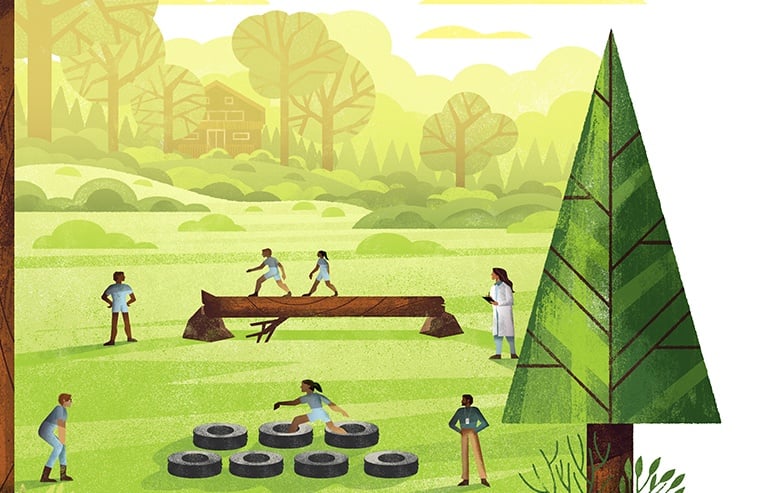Article originally featured in access™ 2018, volume II
Contributor: Collie Wells, Interim Deputy State Superintendent of Education, Career and Technical Education/Workforce Development Division

When the Alabama Department of Education set out to improve their CTE programming, they started with research, gaining insights from business and industry to determine what employers are looking for or lacking in potential candidates.
“We want to make sure that students who exit secondary career tech programs are actually prepared with skills that are going to help them get employed,” says Collie Wells, Interim Deputy State Superintendent of Education, Career and Technical Education/Workforce Development Division. “We started having lots of conversations with business and industry throughout the state to find out, ‘What do you really need from potential employees? What are you missing? What are they lacking?’”
Workplace environments are simulated in the classroom. Students even wear uniforms, punch a time clock, develop their own employee handbook, solve problems in teams and hold each other accountable for showing up. “Students are beginning to graduate with a very real understanding of the relevance of their coursework to employment,” Wells says.
But it’s not just careers these programs are preparing students for.
“We are beginning to see a shift where college readiness and career readiness are one in the same,”
“I believe our biggest success is how well prepared our students are for the post-secondary programs,” Lynne Shelton, an Alabama CTE teacher, shares. “They always report that they are miles ahead of the students that did not take advantage of or did not have the opportunity to take health science in high school.”
It’s clear the health science programs have been a success, whether students get jobs right out of school or work while furthering their healthcare education.
The student response has been great, and the state is receiving more requests for credentials than they can currently fund! "[Credentialing] really helps students to realize that they can be successful,” Wells says. “The credentialing process that we’re using helps students see success immediately in what they’re studying and it really helps them once they get out of school and become employed to see the relevance of what they’ve studied in the real world.”


